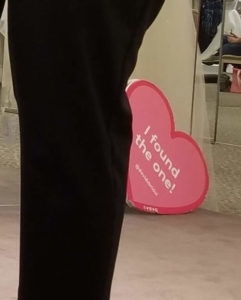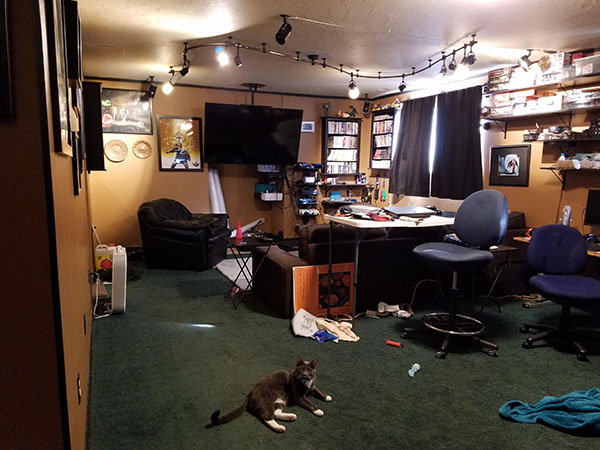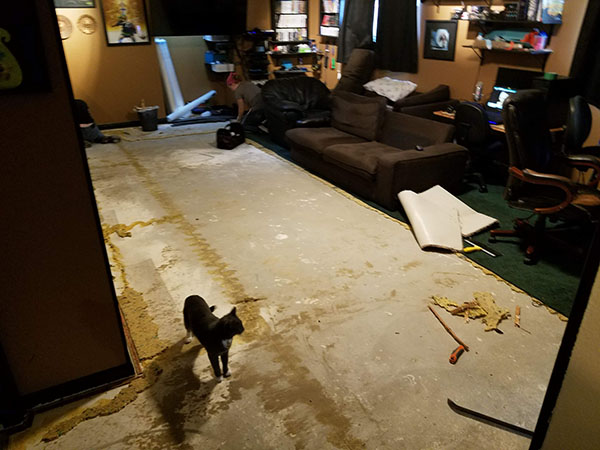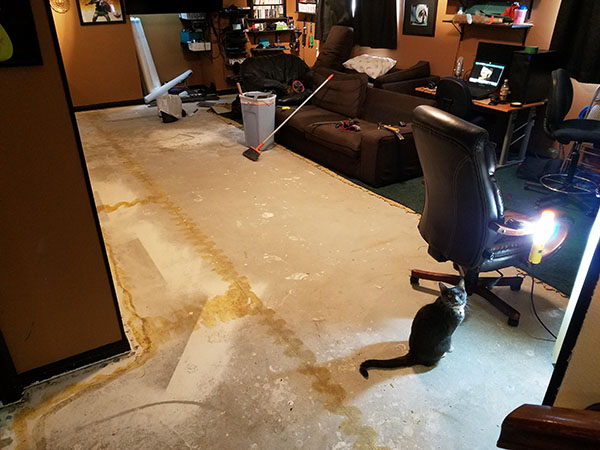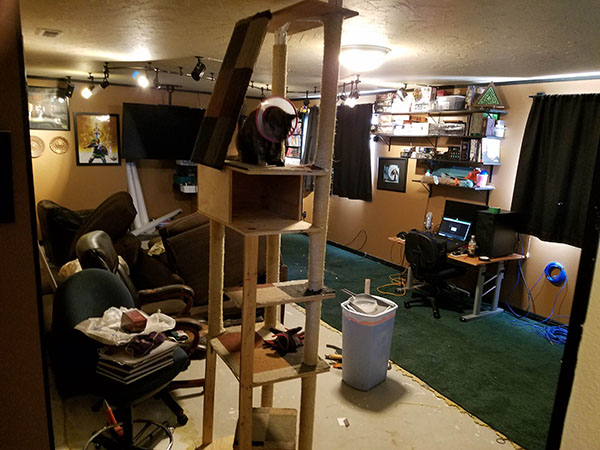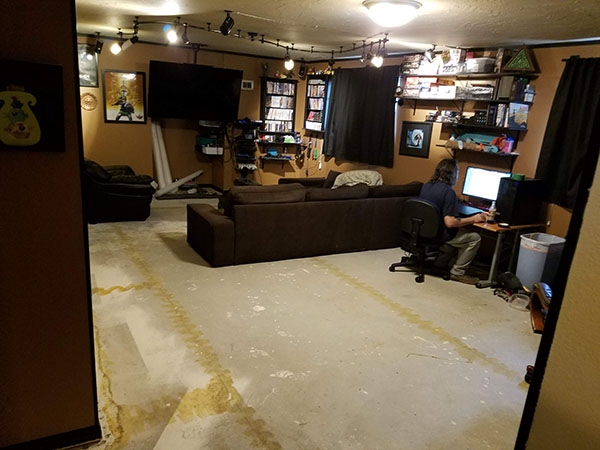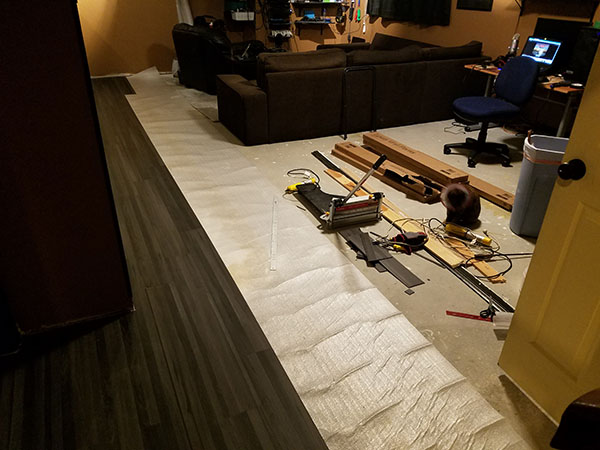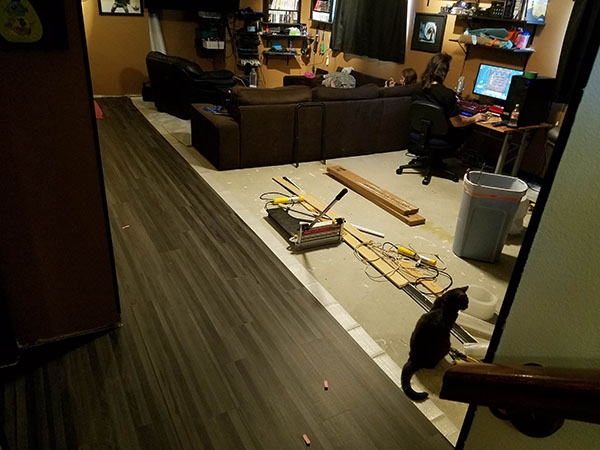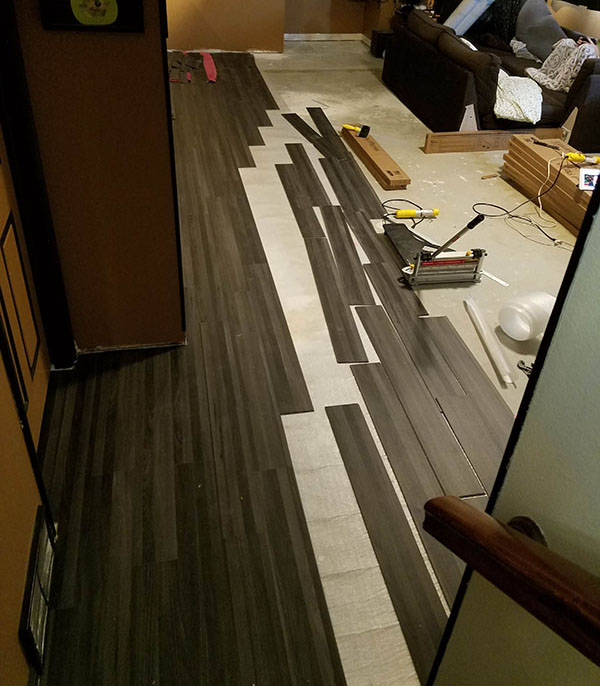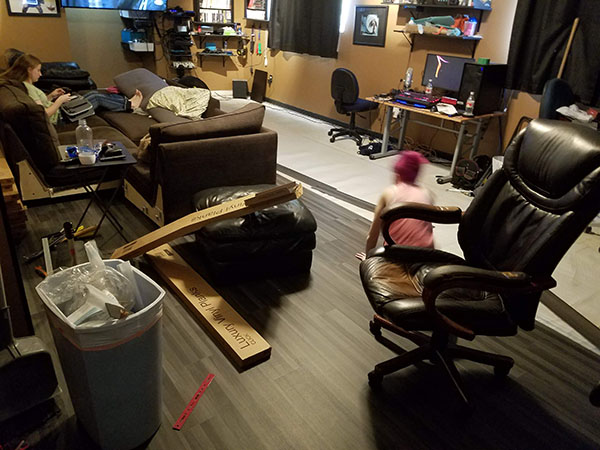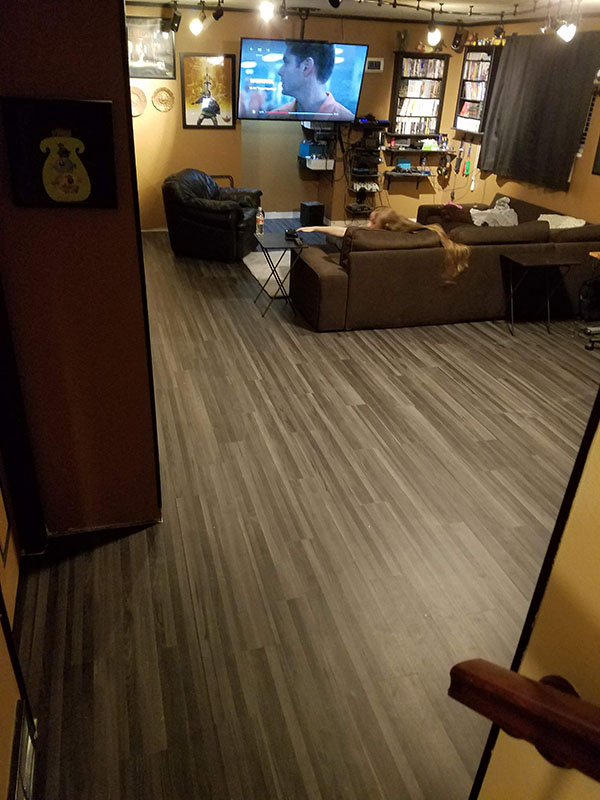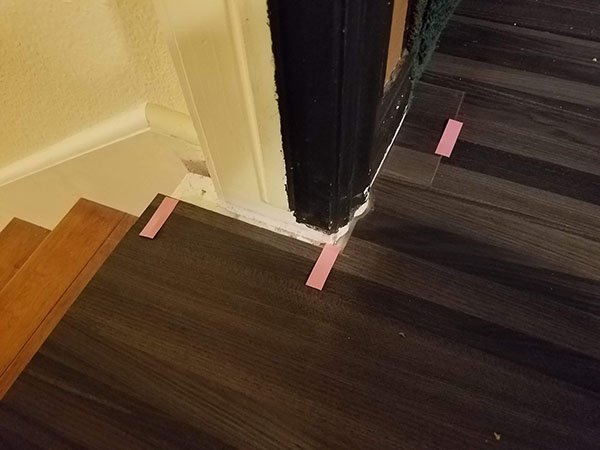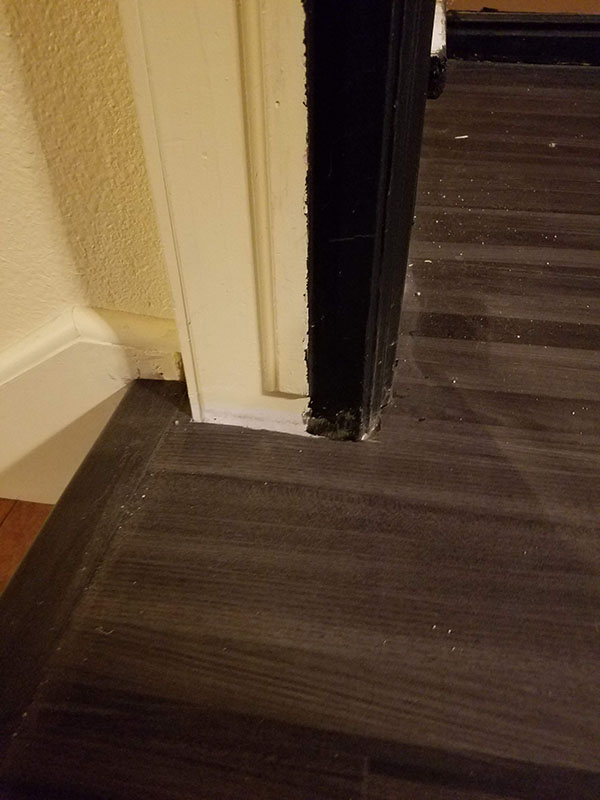Motivation
“How do you get yourself motivated?” My 17 year old son asked me on the way home from therapy. I could tell it was a question his therapist suggested he ask me, and probably several other adults in his life. It is a good question for this young man to be asking because he struggles with self motivation.
I didn’t have a ready answer for him. Instead I had to pause and think about why (and how) I get myself moving, particularly on the days that I don’t want to. Some of it is a desire to be there for the people who depend on me. I’ve got 24 years of practice at having dependent people who will suffer consequences if I don’t do the basic household things. Yet now my dependents aren’t really dependent any more. I no longer have to carefully manage my days so that naptime falls into the convenient window of time, but the skill of being able to do that has shaped all the years since then.
As I talked I realized that most of my ability to motivate has nothing to do with other people at all. Instead it is about who I want to be and how I want to live. I’ll do dishes before bed, even though I’m tired because I want to have a better start for the morning than waking up to a kitchen disaster. I do the work things because I want to live in a world where I’ve completed the project in front of me and they only way I get to do that is if I work on the project today. This source of motivation depends on me having a longer viewpoint than how I feel in the moment. Developing the ability to see that viewpoint requires practice. Developing the ability to still reach for a future I want despite a haze of depression or fatigue is an additional level of skill.
That is about as far as the conversation got before we arrived at home. It was enough for now. He needs a chance for the new ideas to settle. Then he needs the chance to practice self-motivation, fail at self-motivation, and try again. This kid has so much potential if he can use the next six months developing his self-management skills, then there will be no stopping him.
